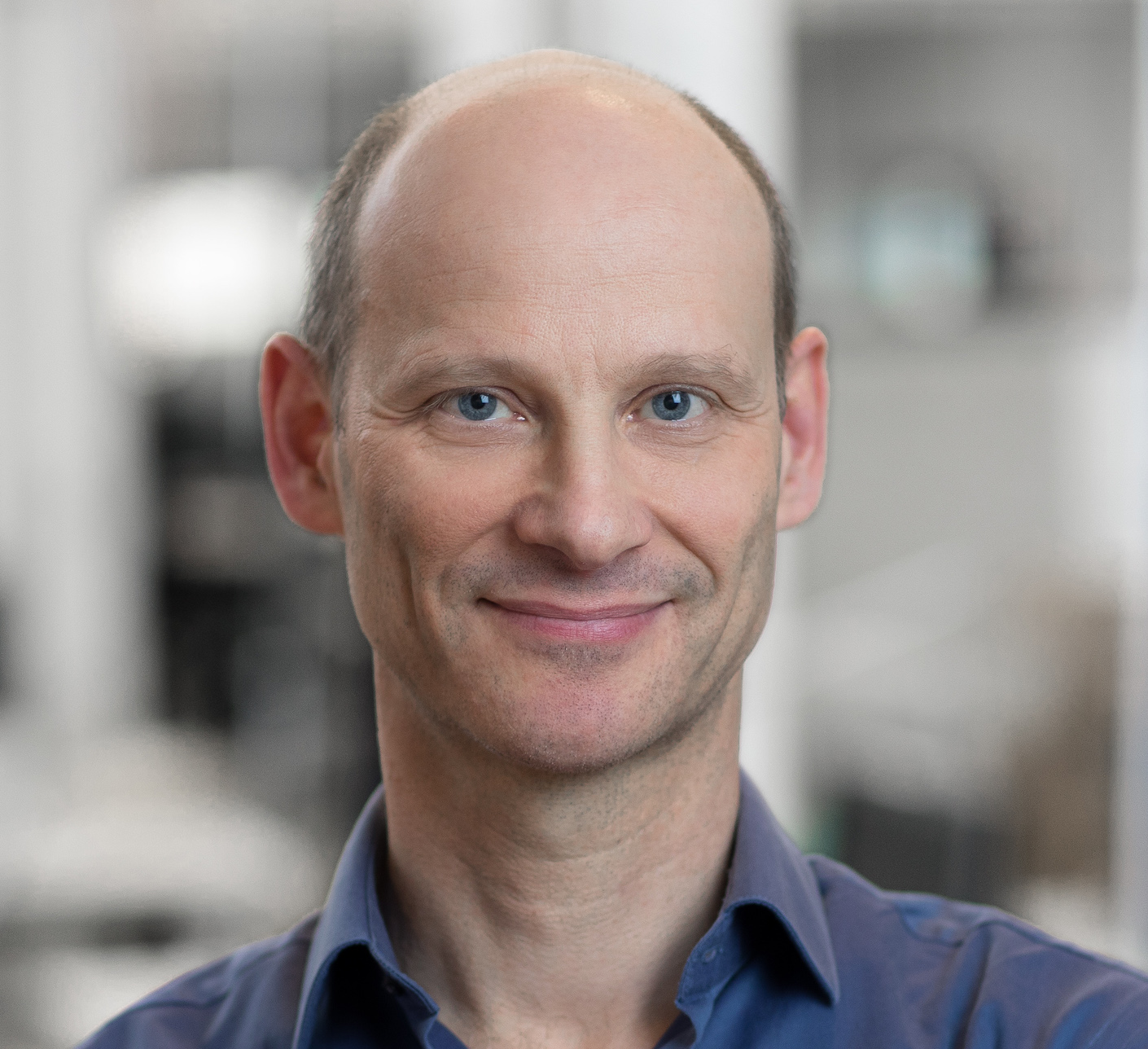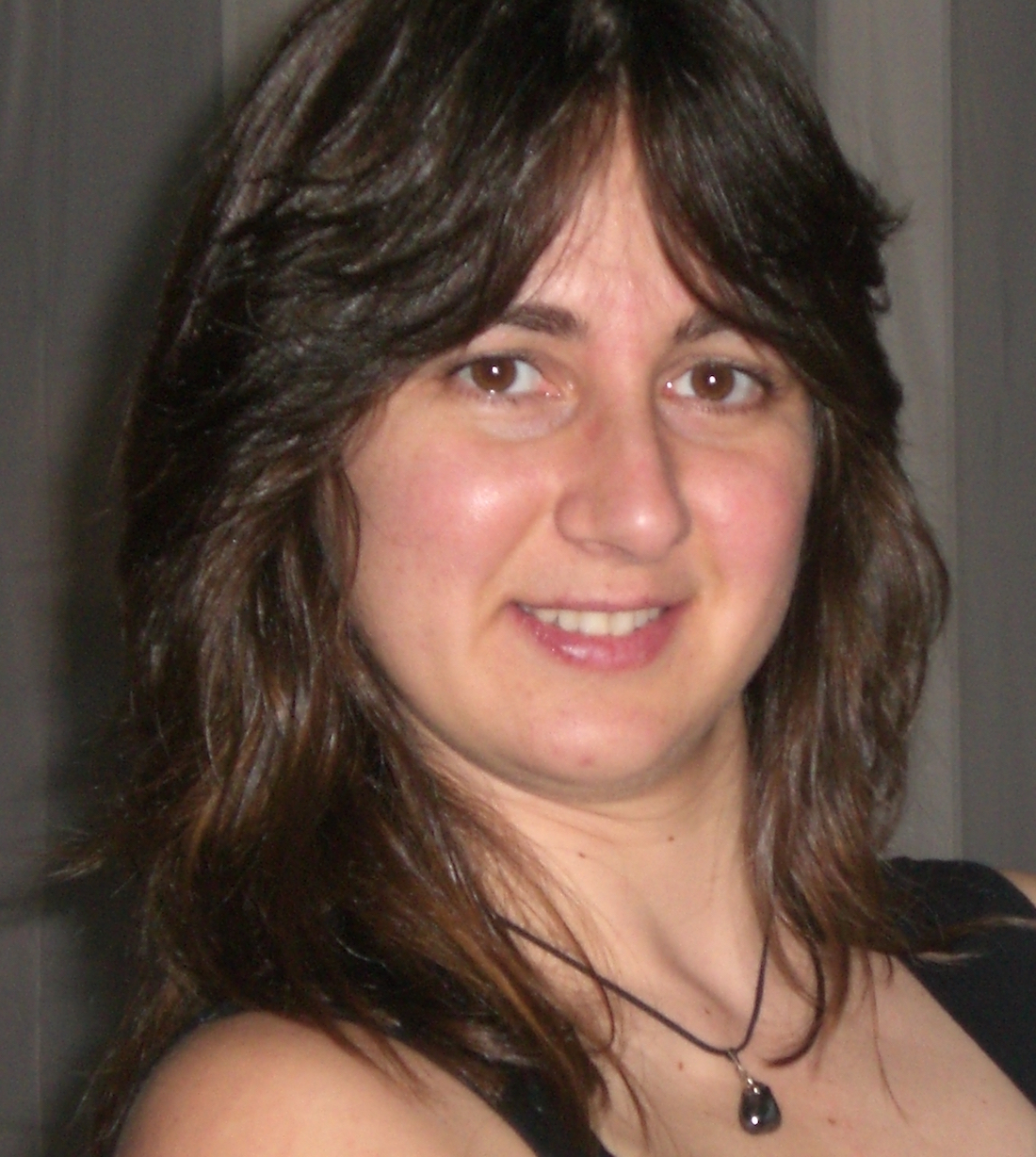Eingeladene Hauptvorträge
Die beiden eingeladenen Hauptvorträge werden von Kalina Bontcheva (University of Sheffield, UK) und Holger Schwenk (Facebook AI Research Center, Paris) gehalten.

Holger Schwenk (Facebook AI Research Center, Paris): Learning Deep Representations in NLP
The fundamental idea of deep learning is to consider feature extraction and classification as one globally optimized task. The system learns itself which are the best features and combines them to higher level hierarchical representations, through many layers. This approach led to significant improvements in comparison to other approaches in many many areas, in particular computer vision and speech transcription. In this talk, I'll discuss how deep learning has also embraced natural language processing. I'll explain how research evolved from the introduction of word embeddings, to neural network language models and various sentence embeddings, and finally to multilingual neural machine translation. I'll also show several applications of multilingual joint sentence embeddings.
Date: 13. September 2017

Kalina Bontcheva (University of Sheffield, UK): Automatic Detection of Rumours in Social Media: Methods and Challenges
The London Eye was on fire during the 2011 England riots! Or was it? Social media are rife with lies and deception, half-truths and facts. But irrespective of a meme’s truthfulness, the rapid spread of rumours through social networks and other online media can have immediate and far-reaching consequences. In such cases, large amounts of user-generated content need to be analysed quickly, yet it is very challenging to carry out such complex analyses in real time. This talk will provide an overview of datasets and methods for automatic rumour detection, as developed by the PHEME FP7 project (http://pheme.eu). It will also discuss their practical application in journalistic practice and conclude with outstanding challenges.
Date: 14. September 2017